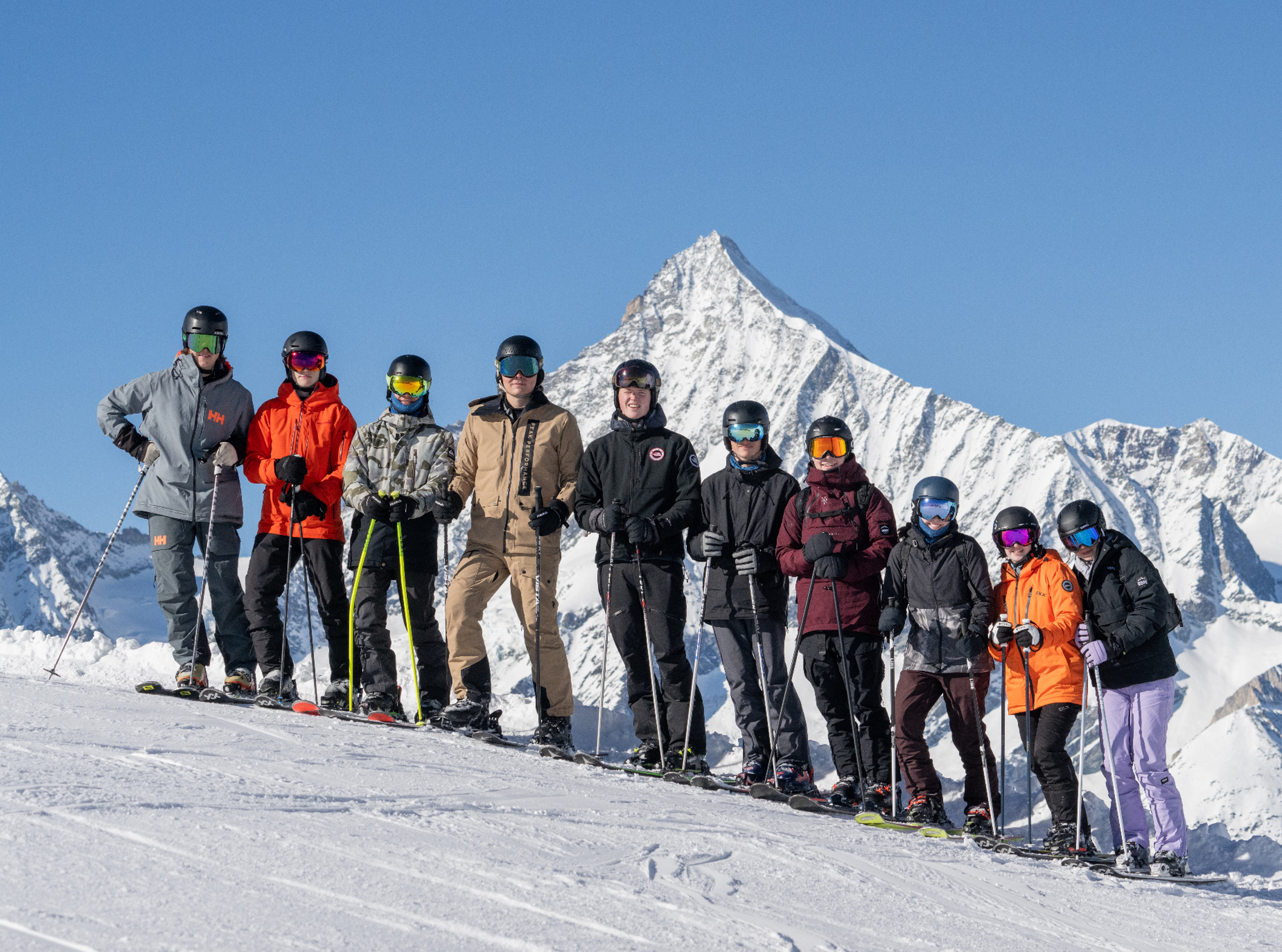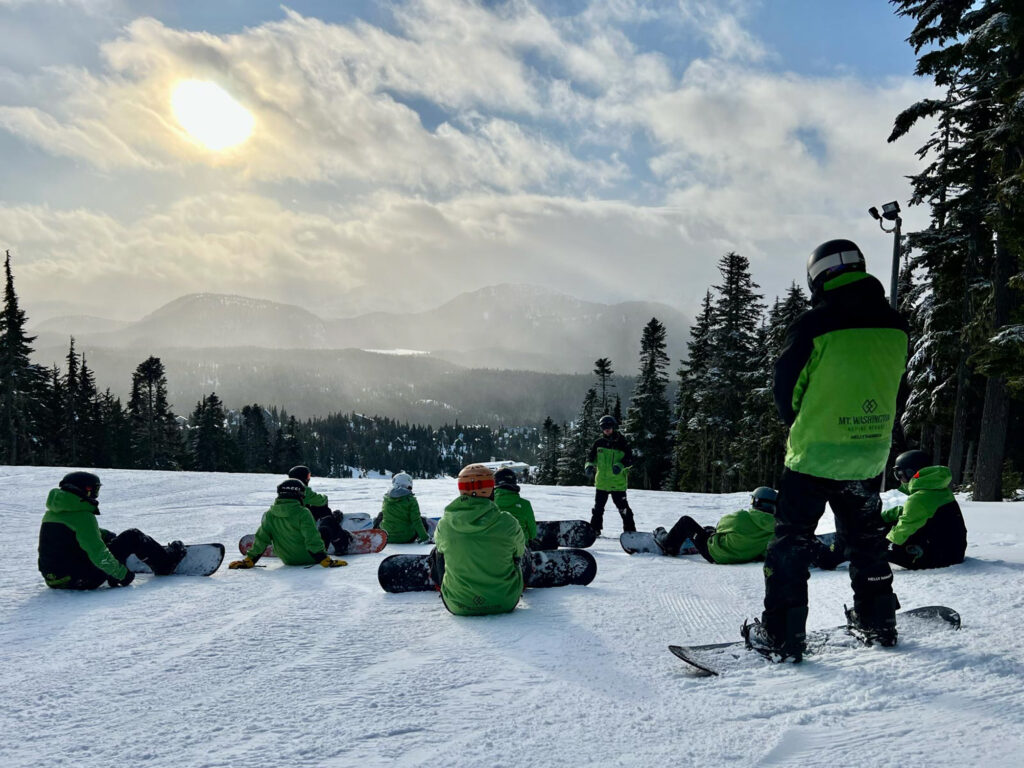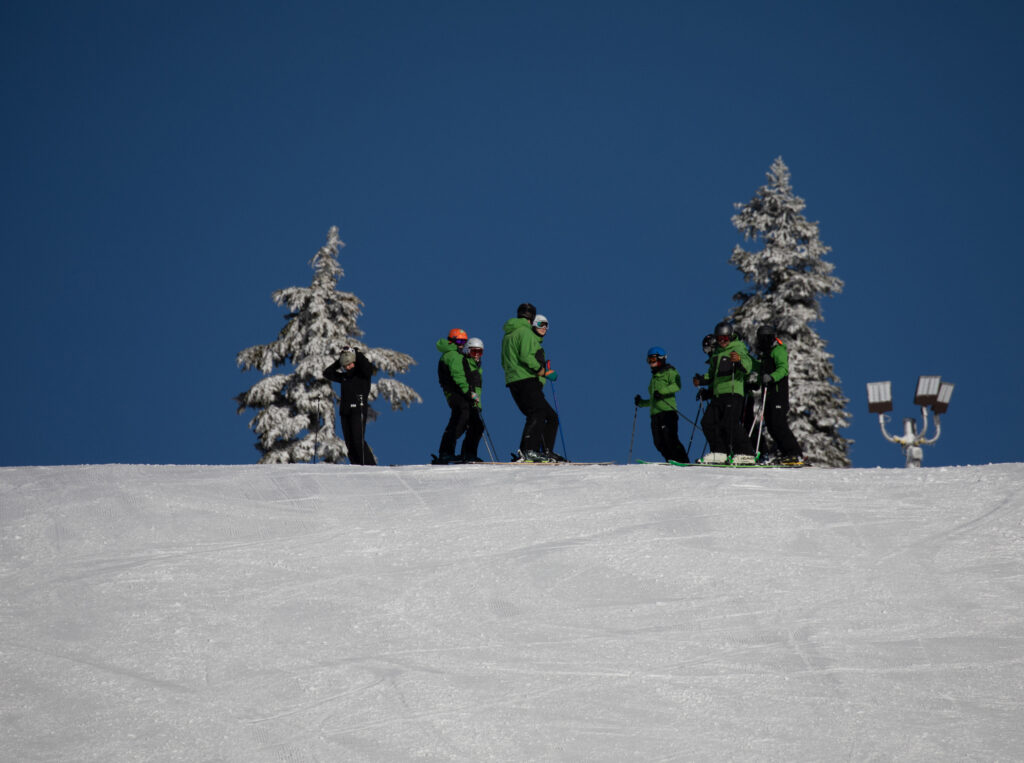How to secure your first ski season job


It may not seem long since resorts across North America, Europe and Asia closed for the 2022/23 winter, but it’s quickly approaching the time of year when many resort employers start thinking about any seasonal roles they need to recruit for.
While some resort vacancies are filled in the weeks running up to, or during the early stages of the season, the vast majority of positions are filled early. So if you’re hoping to do a ski season, here are some tips to consider from Snow Season Central when planning your first ski season.
A resort that is good for a holiday is not necessarily the best place to spend a season working, this is something people don’t often consider.
As a British traveler, you have a wide range of destinations at your disposal. These countries include :
There are also still some possibilities to work in areas of Europe, however this has become noticeably more difficult since Brexit. Working in the United States is difficult for many nationalities, but is possible in some cases.
Everyone has a different view on what the perfect resort is, but consider the fact that you’ll be there for a long time, and you will want to make the most out of the experience.
In terms of resorts, bigger resorts naturally have the greatest number of jobs, but also the greater competition for roles. For this reason, it can be hard to secure positions unless you have a very strong CV and relevant work experience.
Another good tip is to consider the accommodation arrangements for your destination and a potential employer. In some of the most popular resorts, staff housing can be extremely expensive and you may be better off exploring lesser-known resorts where you can live more comfortably, or better still, finding a role that includes guaranteed employee housing.

There are a near endless list of job types in and around ski resorts, but here are the major categories as well as some information on each.
Hospitality jobs – One of the largest employers in ski resorts is the hospitality sector. There are some jobs which require little to no prior experience (waiting staff, dish washer), as well as roles such as barista, chef, cocktail bar staff which may require experience in the past.
Accommodation services – With hotels, lodges, hostels and apartments comes many roles relating to guest experience and property upkeep. Roles such as housekeeping and front of house are very popular.
Management roles – Many of the larger ski employers also have roles for people with managerial experience. This could be looking after a team or an operational function of a business.
Instructor / Patrol / Guide Jobs – With these roles you benefit from the greater amount of on-snow time. However, many of them will require industry qualifications and prior experience.
Ski Tech / Rental – These roles tend to require previous experience.
Childcare / Nanny – These roles will require clearance, experience and qualifications.
Admin / Desk work – As most businesses utilise technology in their operations, there are many roles which require digital or admin skills. This could be managing customer bookings, or expand to content or marketing work.
Drivers – There is often a shortage of drivers in ski resorts, so any qualifications for driving larger vehicles is highly regarded. You will have to be sure your qualification is transferable to the place you plan to work.
Other Roles – Depending on the country, there may also be a variety of other roles to explore. For example, in Canada it is common for seasonaires to work as ski lift operators, but this is less common in France or Japan. If you have a specific skill or qualification, you may be able to find local businesses directly who would be interested to talk to you.
Before choosing a job type, you may also want to consider your seasonal goals. For example, if you want to get really great at skiing, you will want a role which will enable you plenty of time on the slopes.
Official Resort Websites – If you’ve selected a destination, your first port of call might be the official resort website. Here you will find detailed information on the roles they hire for, when the processes start and how to apply.
Snow Season Central – A highly informative website with lots of tips on doing ski seasons and local employer/job information. They cover dozens of destinations including Canada, Japan, France, Switzerland, USA and South America.
Indeed, Seek or Other Job Sites – Many jobs are posted on mass-market employment websites. You can set up alerts so you never miss a job posting. Note that competition for these is high, so you should prepare a strong CV and cover letter if you want a chance.
Local media and newspapers – Some resort towns are quite insular and a lot of the recruitment is done in traditional ways. Keeping an eye on local newspapers/websites can highlight jobs which others will overlook. You should be able to find these by searching on Google.
Facebook groups – Smaller local businesses without large budgets often post on local area Facebook groups. Simply use the search bar and type in the resort name and you’ll likely find some local groups to join. You can even post yourself and some employers may message you.

As with any work opportunity, nailing the interview is crucial to securing the role. For many employers this can now be done remotely, but some larger employers will head to capital cities to do face-to-face interviews.
Just because it’s a job in the snowsports sector, doesn’t mean you should take it lightly. Many employers are quite corporate in their operations, so you should treat it seriously and professionally. Here are some tips to help you succeed: